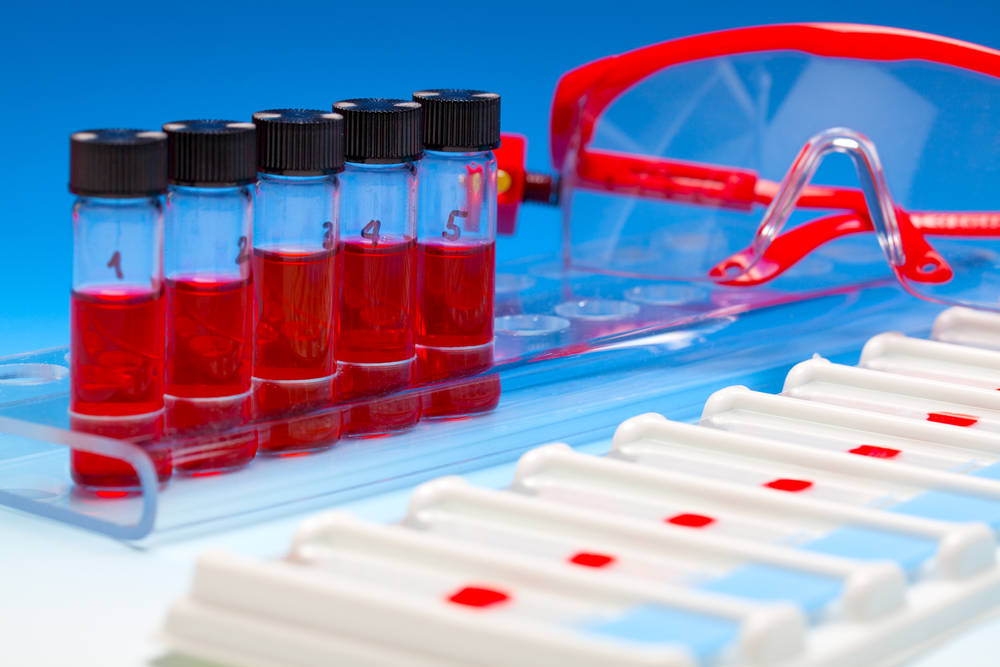
A new study, to be presented at the ESMO 19th World Congress on Gastrointestinal Cancer, shows that so-called “liquid biopsies”, blood tests that detect circulating tumour DNA (ctDNA), may not only sound an early alert that a treatment’s effect is diminishing, but may also help explain why -sometimes offering clues about what to do next.
Why a cancer treatment is losing its effectiveness, is a question that preoccupies every patient and their doctor. But checking in on a drug’s tumor-fighting progress is not easy – usually involving invasive biopsies and expensive scans.
“We have shown that integrating regular liquid biopsies into our patients’ routine care is feasible and easily incorportated into clinical practice,” said study investigator Aparna Parikh, MD, from Massachusetts General Hospital Cancer Center, in Boston, Massachusetts.
“This technology can precisely help us understand each patient’s indvididual disease course and allows us to tailor care based on an understanding of their specific disease biology,” she said.
In fact, compared to standard tissue biopsies, which can be painful and difficult to obtain, her study showed that liquid biopsies actually provided more information less invasively.
The study involved nearly 40 patients with various forms of gastro-intestinal (GI) cancers, who had initially responded to therapy but then stopped.
Liquid biopsies were done when their disease began to progress and ctDNA in the blood was analysed for genetic mutations that might be making them resistant to treatment.
A total of 31 patients had at least one such mutation, and among them,14 had more than one.
Notably in about two thirds of patients who had traditional tissue biospies taken at the same time, the liquid biopsy picked up extra mutations that could not be seen in the tissue.
“Identifying what specific mutations are responsible for treatment resistance is very important in helping clinicians choosing what treatment path a patient should try next, whether it be another drug or perhaps radiation,” explained Parikh.
While liquid biopsies are not yet widely used outside of the research setting, Parikh believes they are set to transform cancer treatment. “We have shown this approach is feasible across many different GI cancers,” she noted. “The next step is to study how best to use this new technology in daily practice. It’s important for clinicians to understand its utility as well as its limitations.”
Commenting on the study, ESMO spokesperson Frederica Di Nicolantonio, MD, from the Candiolo Cancer Institute and University of Torino in Italy said, “this work elegantly reports that the use of clinical liquid biopsy panels can effectively identify multiple heterogeneous and co-occuring mechanisms of acquired drug resistance, all in a non-invasive manner. Clinicians should be able to better individualise patient care based on results from this technology.”
Filed Under: Drug Discovery



